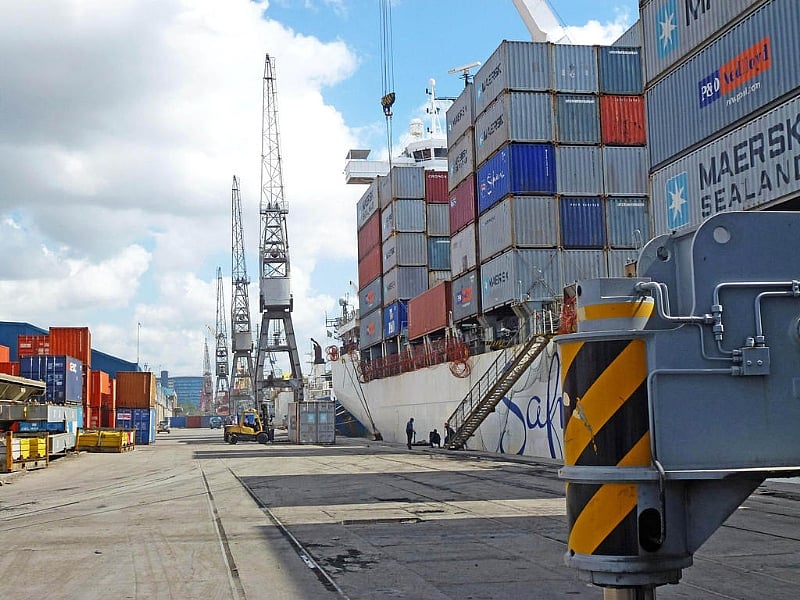The Ghana Shippers Authority (GSA) has issued a decisive directive aimed at protecting the interests of shippers operating within Ghana’s ports. The core message of this announcement is that shippers should not bear the financial burden of delays that are not directly attributable to their own actions or omissions. This directive stems from the GSA’s observation of significant delays in container delivery and evacuation at the Port of Tema, primarily attributed to technical malfunctions such as scanner breakdowns or system glitches. These delays have had a cascading effect, impacting the entire cargo clearance process and imposing undue costs on shippers. The GSA’s stance is clear: shippers should not be held responsible for costs arising from systemic failures within the port’s operational framework.
The GSA’s directive is underscored by a proactive approach to addressing the issue of undue delay costs. The authority has encouraged all stakeholders in the cargo handling process, including consignees and service providers, to promptly report any instances where they are charged for delays resulting from system failures. This reporting mechanism is crucial for facilitating investigations and ensuring that shippers receive appropriate refunds where warranted. The GSA’s commitment to investigating such reports demonstrates its dedication to ensuring fair and transparent practices within the shipping industry. This active involvement aims to mitigate the financial impact of port-related inefficiencies on shippers.
To further elaborate on the context of this directive, it’s important to understand the intricate nature of port operations and the potential vulnerabilities that can lead to delays. Modern port facilities rely heavily on sophisticated technology, including scanners and integrated systems, to manage the flow of cargo. While these technologies enhance efficiency and security, they are also susceptible to malfunctions, which can disrupt operations and cause significant delays. These delays translate into increased costs for shippers, including demurrage charges for extended container storage, detention charges for delayed return of containers, and potential disruptions to supply chains. The GSA’s directive aims to shield shippers from these unforeseen costs that are beyond their control.
The GSA’s call for prompt reporting of undue charges is a critical component of its strategy to address this issue. By encouraging transparency and accountability, the authority aims to create a system where shippers are not unfairly penalized for systemic inefficiencies. This approach requires collaboration among all stakeholders – shippers, consignees, service providers, and port authorities – to identify and rectify the root causes of delays. The GSA’s commitment to investigating reported cases serves as a deterrent against unwarranted charges and reinforces its commitment to protecting shippers’ rights. This proactive approach not only addresses immediate concerns but also contributes to building a more resilient and efficient port ecosystem.
The implications of the GSA’s directive are far-reaching, impacting not only individual shippers but also the broader Ghanaian economy. By ensuring that shippers are not unduly burdened by costs stemming from systemic failures, the GSA promotes a more competitive and attractive trading environment. This, in turn, can contribute to increased trade volumes, economic growth, and job creation. Moreover, the GSA’s proactive stance on addressing delay-related costs sends a strong message about its commitment to fostering a fair and transparent shipping industry. This can enhance Ghana’s reputation as a reliable trading partner and attract further investment in the maritime sector.
In conclusion, the Ghana Shippers Authority’s directive prohibiting the imposition of delay-related costs on shippers due to systemic failures represents a significant step towards ensuring fairness and efficiency within the port system. By actively engaging with stakeholders, promoting transparency, and investigating reported cases of undue charges, the GSA is working to create a more equitable and sustainable maritime environment. This proactive approach not only protects the interests of individual shippers but also contributes to the overall health and competitiveness of the Ghanaian economy. The GSA’s commitment to addressing this issue underscores its dedication to fostering a robust and reliable shipping industry that supports economic growth and international trade.














